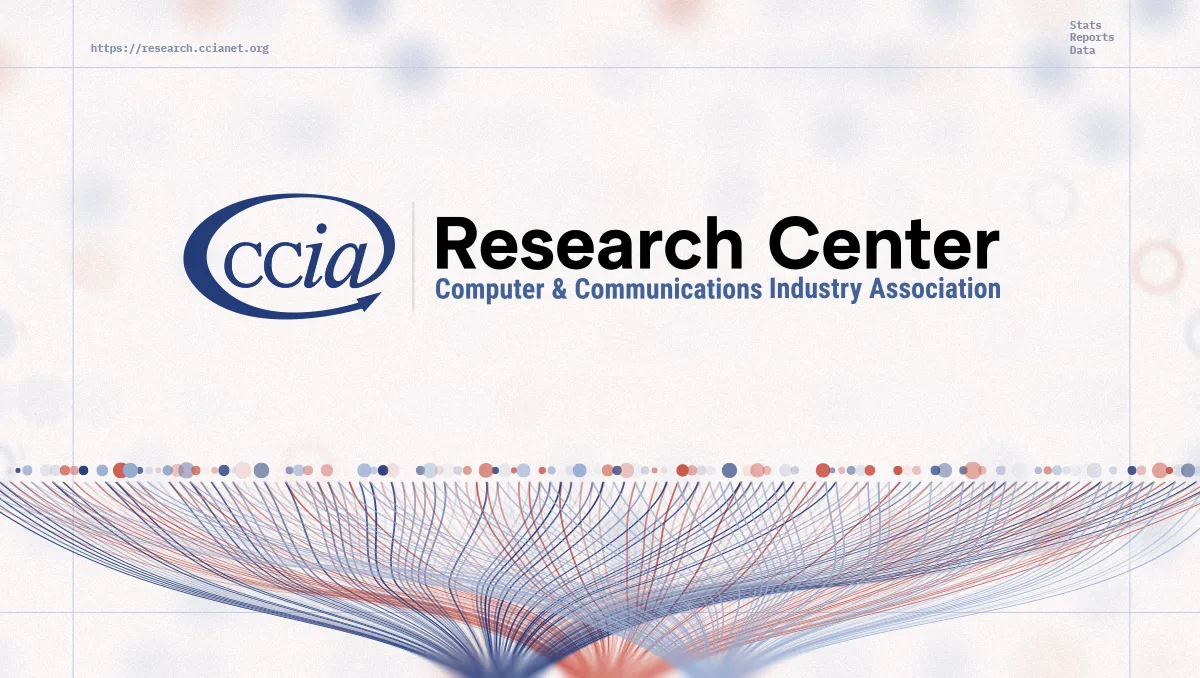The Real Cost of Filtering Technology
Over the past few months, filtering technology – its costs and consequences – has been a hot topic of discussion in Brussels’ policy circles, due to the European copyright reform.
This is because, as explained in previous blog posts, the European copyright reform introduces mandatory filtering requirements for platforms hosting user-generated content (such as family videos, pictures or written comments) – thereby going against article 15 of the e-Commerce directive (which prohibits general monitoring obligations).
Proponents of the European Commission’s copyright proposal argue that filtering technology is not expensive and would ensure that no copyright-infringing content is available on such platforms. Vice-President Ansip, for example, stated on June 19 that filtering tools such as Audible Magic cost “400, 500 bucks” to identify 10.000 songs.
Such claims should be challenged – and were thankfully thoroughly debunked by CopyBuzz, which reminds us that “YouTube invested more than $60 million in its Content ID technology” and that “SoundCloud spent more than €5 million building its own filtering technology and still must dedicate seven full-time employees to maintain the technology”.
In this same blog post, CopyBuzz explains why the real cost of filtering tools is much higher than the numbers quoted by Vice-President Ansip:
“A March 2017 study on “the limits of filtering” […] counters this figure and the European Commission’s attempt to downplay the fact that the costs to implement filtering technology would constitute a barrier to entry as it notes that the €900/month estimate is only applicable for Audible Magic and to filter max. 5000 music files [so not even video] a month. Audible Magic’s pricing confirms that.”
“[…] To put this in perspective, when Soundcloud was only five years old, users were uploading twelve hours of audio content every minute.”
“[…] Medium-sized companies engaged in file-hosting services paid between $10000 and $25000 a month in licensing fees alone for Audible Magic’s filtering tool”.
It is of course worth noting that the cost of filtering is not limited to the cost of licenses paid for tools such as Audible Magic. This cost should also include any technical modifications made to the platform to use such tools, as well as any compliance cost, ranging “from putting in place and managing a redress mechanism to [handling] user complaints to ensuring compliance”.
CopyBuzz reminds us also that there is currently no filtering tool for all types of copyrighted content – thereby forcing thousands of websites to shut down. To be more precise:
“Tools such as Audible Magic can only handle audio and video files, whilst Article 13 [of the European copyright proposal] covers all sorts of content, ranging from literary works, music, choreographies, pantomimes, pictures, graphics, sculptures, sound recordings, architectural works, etc.”
“Although there are fingerprinting tools available to scan and compare audio, video, and image files, no such tools exist to process other forms of copyrightable content, such as software. […] As a result, the range of infringing activity that filtering tools can effectively address is rather narrow. And, even for media types for which filtering tools exist, such tools are only capable of matching content, not determining whether the use of a particular work constitutes an infringement.”
To conclude, CopyBuzz notes the March 2017 study states that “to require [online service providers] to deploy tools that are costly, easily circumvented, and limited in scope would deeply harm startups, users and content creators alike”. We could not agree more.








